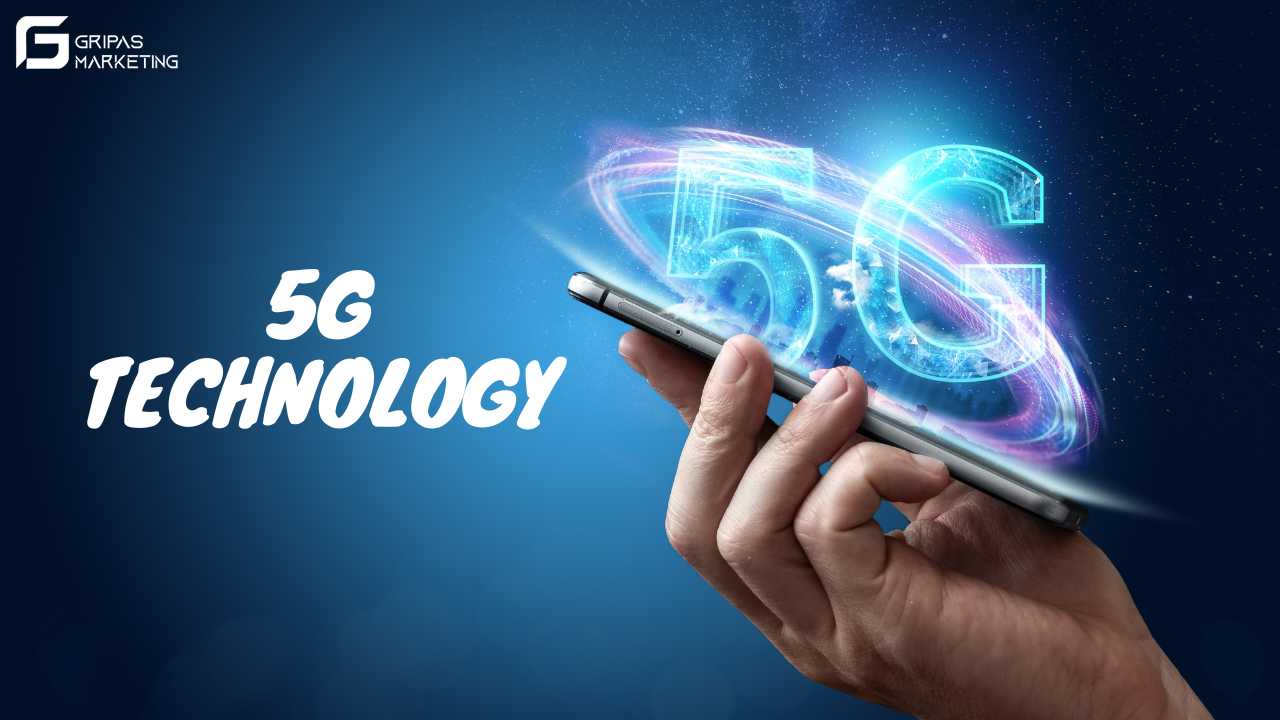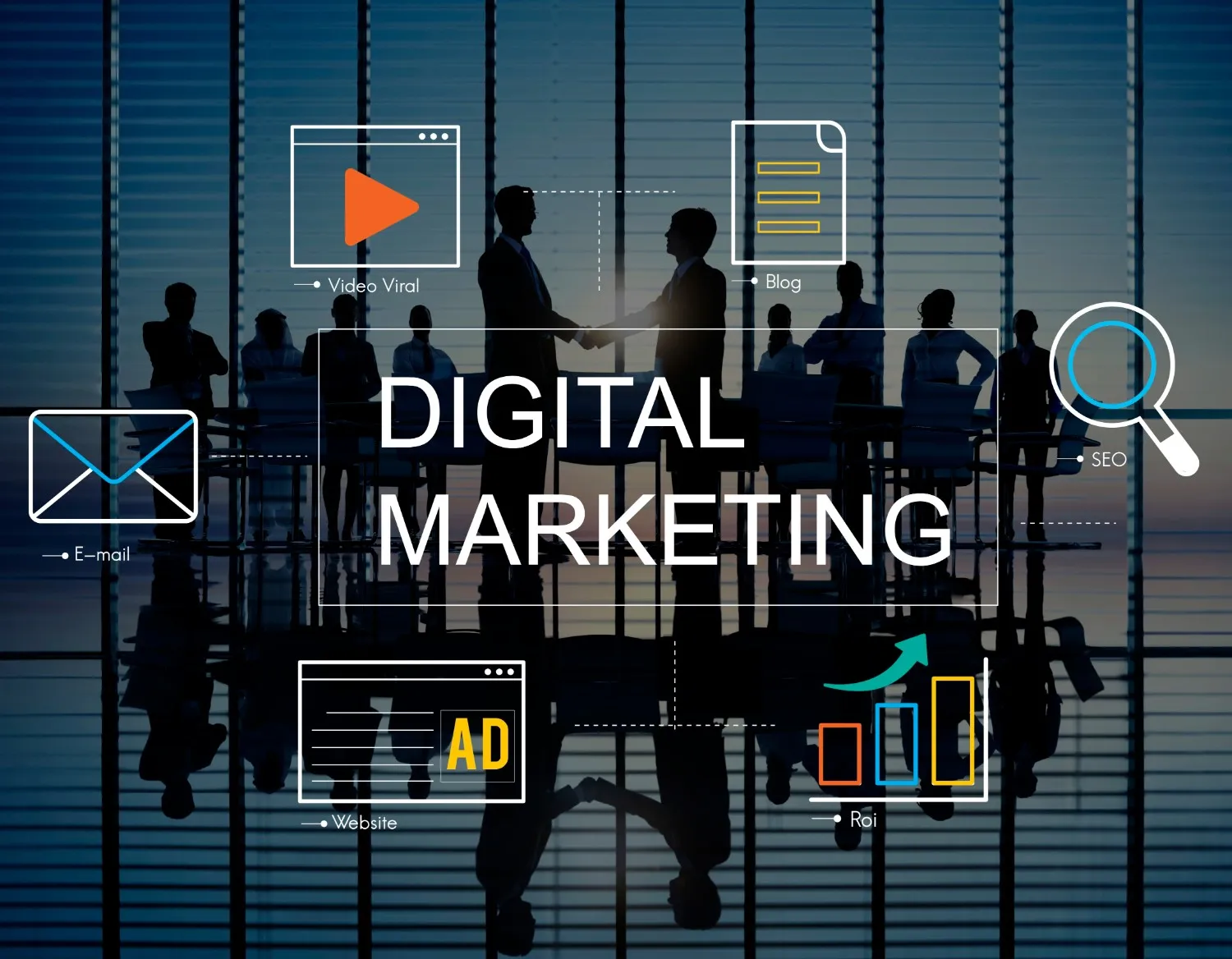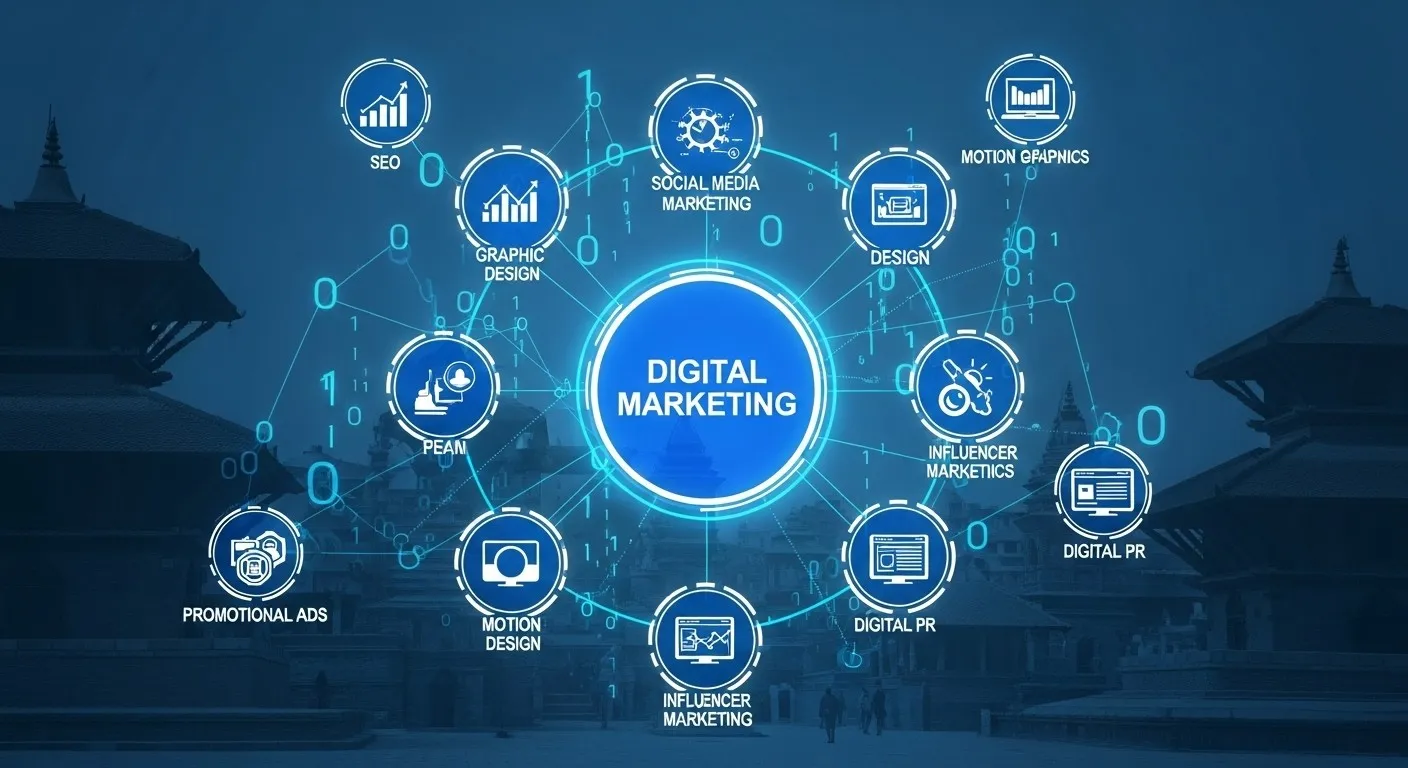Introduction
The impact of 5G on digital marketing is quite big since the world is highly driven towards this technology. With 5G coming into play, it will mean more than the higher speed of the Internet; it comes with marketers finally engaging consumers. In this regard, this blog will look into the impact 5G technology has on digital marketing strategies and provide insight with practical tips on how businesses can harness this technological power.
Understanding 5G Technology
5G technology refers to the fifth generation of mobile network technology, delivering significantly higher data transfer rates, reduced latency, and increased overall connectivity compared to its predecessors. With the potential to connect billions of devices that can seamlessly interact with each other, 5G will present a very strong case for disrupting industries as varied as health and education to digital marketing.
The Role of High-Speed Internet in Digital Marketing
High-speed internet is one of the key backbones of the modern digital marketing concept. This 5G technology potentially could improve the speed of the internet up to 100 times faster than that of 4G. This quantum jump in velocity and reliability will also bring about a lot of differences in how marketers work their strategies.
- Better Mobile Marketing: Already strong when it comes to 5G, mobile marketing will see an upgrade in its capabilities for new interactive and immersive experiences. Augmented reality, virtual reality, or high-definition video content are some ways through which marketers are going to engage consumers this time.
- Real-Time Data and Analytics: With much higher internet speed, data will get transmitted and processed much faster. Marketers can be able to gather data, analyze data, and produce insights on the go toward better targeting and personalization of marketing messages.
- Enhanced User Experience: Lower latency will provide users with faster page/app loading time, and their interactions will be smooth with any online content. This could mean a better user experience and also likely increase engagement rates for better conversion results.
Major Impacts of 5G on Digital Marketing Strategies
- Mobile Marketing Revolution: Enhanced capabilities driven by 5G technology will revolutionize mobile marketing. From high-quality video advertisements to interactive augmented reality applications, marketers can create mobile experiences that are rich and engaging. Content delivery will be carried out in a seamless, real-time context, thus engaging mobile users like never before.
- Rise in Video Content Consumption: High-speed internet access would make it convenient to access high-definition video content through mobile devices. Marketers can make better use of the same through creating more video ads, live streaming of events, and interactive video content to engage and retain the consumers’ attention.
- Advanced Personalization: Advanced personalization techniques are sought by the marketers with processing data at greater speed. The use of real-time data analytics would make it possible for marketers to provide highly relevant content derived from individual user behavior and preferences, make relevant offers, and give personalized recommendations.
- Next-Generation Consumer Engagement: Lower latency in 5G will help spearhead the growth of much more interactive and engaging marketing campaigns. This way, brands could develop immersive experiences through such means as AR and VR, gamify content, and offer customer support in real time with chatbots and virtual assistants.
- Future of Online Advertising: 5G is going to transform online advertising. It will allow for much more dynamic and responsive ad formats to be built out. Advertisers can supply interactive and customized ads that adapt to user preferences in real-time, thereby increasing the effectiveness of a campaign.
Marketing Innovation with 5G
- AR and VR: 5G will democratize access to AR and VR and make them seamless. Marketers can now create brand experiences – immersive, virtual product try-ons with interactivity – including advertisements that capture not just attention but interaction.
- IoT Integration: Since 5G is going to further the IoE, more devices will be connected than ever. With such IoT data, marketers can extract even finer detail about consumer behavior and preferences, thus enabling more efficient campaigns.
- Smart Cities with 5G and DOOH Advertising: With the help of 5G, because of it, now smart cities are going to be a critically important thing in the short term, now comes the digital out-of-home advertising evolution where marketers can serve location-based ads in real-time on digital billboards, bus stops, and other transit shelters to maximize reach and relevance.
Future of Marketing with 5G Technology

- Hyper-Personalization: The melding of 5G and AI can bring about hyper-personalization in experiences at scale. Marketers can provide an enormous degree of on-the-fly change in content and offer to improve customer satisfaction and loyalty.
- Seamless Omnichannel Experiences: 5G will ensure that integration across multiple channels is seamless. Consumers will experience personalization online, in-store, or on their mobile apps.
- Innovative Content Formats: With the ever-improving bandwidth that is 5G, the support for video, 360-degree video, interactive infographics, and even live streaming with very minimal lag supports innovative content formats. Marketers can work on various permutations and combinations of these formats and design quite engaging and memorable campaigns.
- AI-Driven Insights: 5G substantiates two dimensional features: speed and connectivity. AI capabilities in marketing will be accentuated. With AI-driven insights, marketers can optimize the campaigns, predict consumer behavior, and deliver much more effective marketing messages.
Challenges and Considerations
While there are so many opportunities opened up by 5G, it also has some challenges:
- Infrastructure and Accessibility: The roll-out of the 5G infrastructure is going to be fragmented, and some regions will benefit from it earlier than others. Marketers need to consider availability vis-à-vis a 5G proposition during planning.
- Privacy and Security: Since 5G is that much more connected, rising concerns about the protection of personal data are being seen. Therefore, it becomes incumbent for marketers to safeguard the data and ensure that their strategies fall within the ambit of laws stipulated for the protection of privacy.
- Adaptation and Skills: With 5G becoming reality, marketers have to make the shift with adaptation in their skills and strategies. They must learn continuously in order to keep updating their skills according to new trends in technology.
Conclusion
The entrance of 5G technology is set to propel newfangled digital marketing strategies to a whole new, different level. The benefits of high-speed internet, low latency, and advanced connectivity, offered by 5G, shall in turn facilitate a far more engaging, personalized experience with immersive experiences than ever before for consumers by marketers. All these possibilities opened up by 5G will put businesses in an even greater position of outcompeting their peers in the field, guaranteeing meaningful consumer engagements in the digital landscape.



